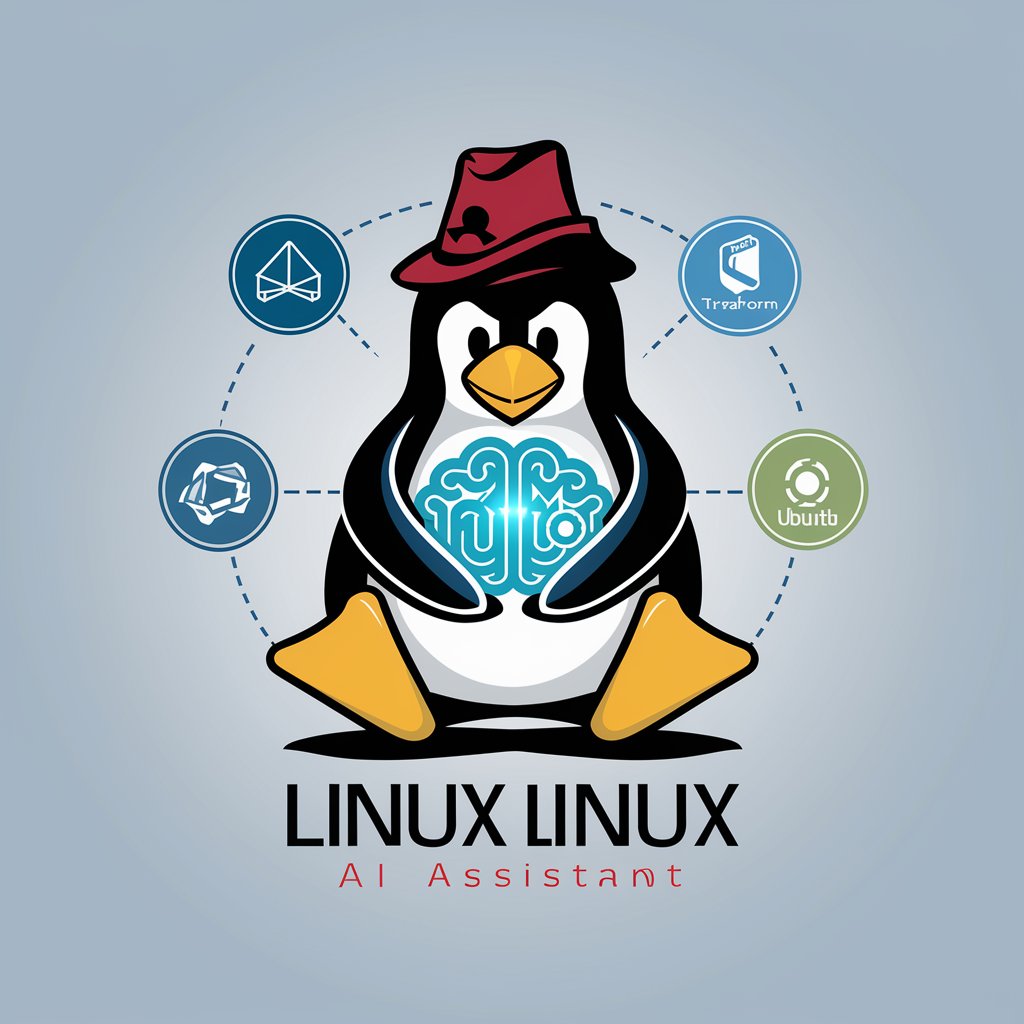SaaS Build or Buy Analyst - SaaS Decision Analysis

Welcome! Ready to analyze SaaS build-or-buy decisions?
Empowering SaaS decisions with AI insights
What strategic factors should we consider for in-house SaaS development?
Could you help analyze the long-term costs of purchasing a SaaS solution?
What are the key scalability considerations for this SaaS tool?
How do we assess the impact of resource allocation on other projects?
Get Embed Code
Introduction to SaaS Build or Buy Analyst
A SaaS Build or Buy Analyst specializes in guiding organizations through the critical decision-making process of developing in-house Software as a Service (SaaS) solutions versus purchasing them from external providers. This role requires a deep understanding of both the technical and business aspects of SaaS solutions, including software development, market trends, cost analysis, and strategic planning. The primary purpose is to ensure that companies make informed, strategic decisions that align with their core competencies, financial goals, and long-term vision. For example, a company may be faced with the decision to build a custom CRM solution tailored to their unique processes or to buy a subscription to an existing service like Salesforce. The analyst would evaluate factors such as the company's technical expertise, the cost of development versus subscription, potential ROI, and the specific needs of their client base to recommend the most viable option. Powered by ChatGPT-4o。

Main Functions of a SaaS Build or Buy Analyst
Core Competency Evaluation
Example
Assessing if a company's in-house development team has the expertise to create a custom project management tool or if they should purchase a solution like Asana or Trello.
Scenario
A software development company is evaluating its next steps for project management tools to enhance team productivity and client communication. The analyst reviews the company's internal development capabilities against the features offered by market leaders to determine the best course of action.
Cost-Benefit Analysis
Example
Comparing the upfront and ongoing costs of building an internal communications platform versus subscribing to Slack or Microsoft Teams.
Scenario
A growing startup is considering whether to develop a proprietary internal communication tool. The analyst conducts a detailed cost analysis, including development time, resources, and maintenance, against the subscription costs and benefits of established platforms.
Scalability and Future-Proofing
Example
Evaluating whether a custom-built inventory management system can adapt to the business growth or if a cloud-based service like Shopify or Oracle NetSuite is more scalable.
Scenario
An e-commerce business is experiencing rapid growth and needs to decide on upgrading their inventory management system. The analyst assesses the scalability of building a custom solution that can handle increasing transaction volumes versus opting for a scalable SaaS product.
Resource Allocation
Example
Determining if dedicating a team to develop a custom analytics platform is the best use of resources compared to buying access to Google Analytics or Adobe Analytics.
Scenario
A digital marketing agency needs advanced analytics capabilities to offer their clients. The analyst weighs the agency's capability to build a bespoke analytics platform against the comprehensive features of established analytics services, considering the time and talent available.
Market Trends and Competition
Example
Analyzing the competitive advantages of developing a unique SaaS solution for real estate management vs. adopting popular platforms like Zillow or Salesforce Real Estate.
Scenario
A real estate company is considering entering the SaaS market with a new platform. The analyst examines current market trends, potential competition, and the unique value proposition of the proposed in-house solution.
Ideal Users of SaaS Build or Buy Analyst Services
Technology Startups
Startups at the intersection of technology and growth, often facing resource constraints and requiring strategic decisions on software investments to scale efficiently. They benefit from these services by making cost-effective decisions that align with their growth trajectory and core competencies.
Enterprise IT Departments
Large organizations with complex IT needs that must balance innovation with operational stability. These departments can leverage analyst services to navigate the plethora of SaaS options, ensuring they adopt solutions that integrate seamlessly with existing systems and support long-term strategic goals.
Software Development Companies
Companies specializing in software development may face internal decisions about tools for project management, development, or customer relationship management. Analyst services help these companies decide whether to invest in building custom solutions that offer competitive advantages or to adopt existing SaaS products for efficiency.
Digital Transformation Consultants
Consultants tasked with guiding businesses through digital transformation processes benefit from these analytical services by offering informed recommendations to their clients on software adoption strategies, thus enhancing their consultancy value with data-driven insights.

How to Use SaaS Build or Buy Analyst
Initiate Free Trial
Begin by accessing a free trial at yeschat.ai, no login or ChatGPT Plus subscription required.
Define Your Requirements
Clearly outline your SaaS needs, including functionality, scalability, and integration requirements.
Utilize the Analysis Tool
Input your project specifics into the SaaS Build or Buy Analyst to receive a comprehensive evaluation.
Review Recommendations
Examine the tool's recommendations on whether to build in-house or purchase, including detailed analysis of costs, ROI, and competitive advantage.
Make an Informed Decision
Use the insights and data provided to make a strategic decision that aligns with your business objectives and resource capabilities.
Try other advanced and practical GPTs
Linux Specialist
Empowering Linux Expertise with AI

The Dorker
Empowering Searches with AI-Driven Dorking

Sales Assessment Navigator
AI-Powered Sales Talent Insights

O
Enhancing Security with AI Insights

Children Book Writer
Crafting Imaginative Tales with AI Magic

Care Coordinator Bot
Empowering care coordination with AI.

Greek Recipes
Explore Authentic Greek Cuisine with AI

DSG Expert:in Schweiz
Navigate Swiss Data Laws with AI Expertise

Cycling Route Planner
Plan rides smarter with AI power

Japanese Food Chef : "Mr. Takashima"
Authentic Japanese cuisine at your fingertips

Celtic Druid Enchanter
Unveil ancient wisdom with AI.

Travel Guide (empfehlbar.de)
Explore the world smarter with AI

Frequently Asked Questions about SaaS Build or Buy Analyst
What factors does the SaaS Build or Buy Analyst consider in its evaluation?
It analyzes core competencies, cost-benefit, scalability, resource allocation, market trends, and client satisfaction to provide a comprehensive decision-making framework.
Can the tool help if we have limited technical expertise in-house?
Yes, the tool recommends purchasing SaaS solutions when in-house development is outside your team's core expertise, guiding you to make the most cost-effective and strategic decisions.
How does the analyst tool handle scalability and future-proofing concerns?
It assesses whether the SaaS solution can grow with your business needs and remain relevant in the long term, considering both the build and buy scenarios.
Is the tool useful for startups and small businesses?
Absolutely, it helps startups and small businesses make informed decisions by evaluating the potential ROI and operational efficiencies against their unique constraints and opportunities.
How often should we reevaluate our SaaS solutions using this analyst?
Regular reassessment is advised, especially when your business scales, market dynamics shift, or new technologies emerge, to ensure your SaaS strategy remains aligned with your goals.
